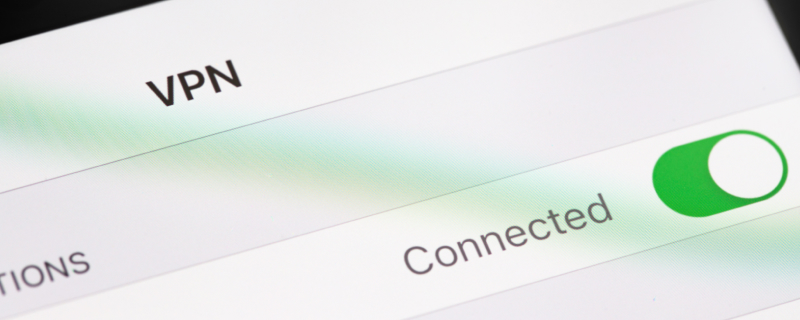
- 6 min read
- Aug 23, 2023

In an era where our reliance on digital platforms has never been higher, understanding the fundamentals of network security becomes paramount. Whether you’re a business owner, a casual internet user, or someone embarking on a cybersecurity career, this guide breaks down the core concepts you need to know.
At its core, network security refers to the practices, policies, and technologies used to protect data from theft, disruption, or unauthorized access. Moreover, it encompasses a range of measures and tools designed to safeguard the integrity and confidentiality of digital information.
Every day, countless cyber threats, from hackers to viruses, target networks. Without proper security, sensitive information becomes vulnerable, potentially leading to financial losses or breaches of privacy.
The digital realm is in constant flux. As technology advances, so do the tactics of those with malicious intent. This means that businesses and individuals must always be on their toes, adapting to counter these evolving threats.
As the prevalence of IoT devices increases – ranging from smart thermostats to connected cars – our networks are expanding. Consequently, every device becomes a potential entry point for hackers, further complicating the security landscape.
Indeed, mistakes happen. Whether it’s setting weak passwords or clicking on suspicious email links, human error consistently remains a significant vulnerability in network security. Therefore, continuous education becomes crucial.
A secure network often starts with a trusted VPN. By encrypting your data, GnuVPN ensures that even if malicious actors intercept your data, they won’t make sense of it. But remember, while VPNs are a cornerstone of network security, they should be part of a more extensive suite of protective measures.
Network security isn’t a one-time task. It’s an ongoing commitment. By understanding its fundamentals, you’re taking the first step toward a safer digital experience. Stay informed, stay updated, and most importantly, stay proactive.



